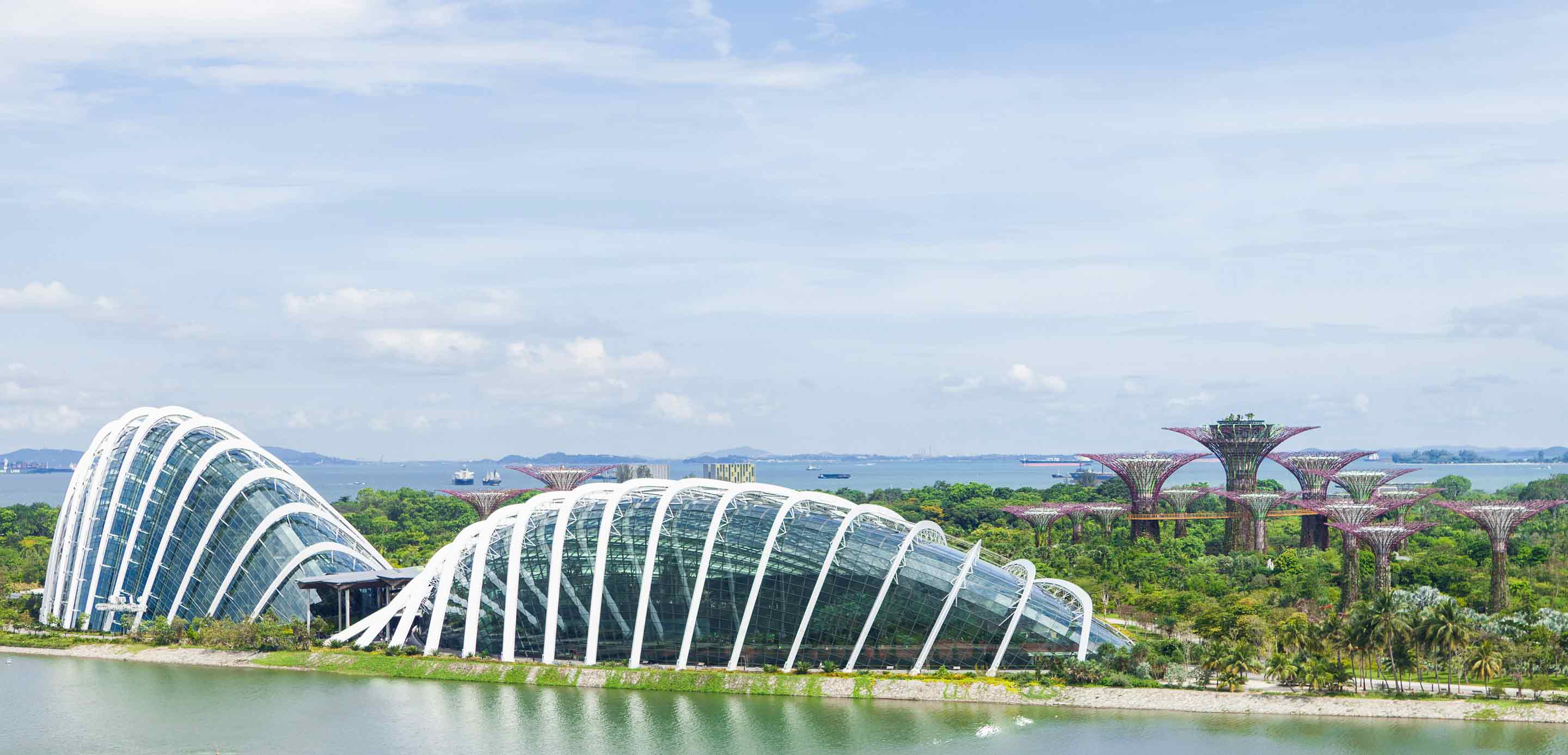- Article

- Sustainability
- Green Banking
- General Sustainability
Sustainable Financing and Investing survey – ASEAN Report
ASEAN issuers anticipate business model and capital allocation transformation.
While green and sustainable finance in Southeast Asia is developing, the region’s economic recovery from the pandemic will likely strengthen the growth and development of the market and the embrace of environmental and social issues among ASEAN companies and investors.
For issuers in the region – we surveyed issuers and investors in Singapore, Malaysia, Indonesia and Thailand – their commitment to and engagement with these issues is already strong, Some 58% of them – the highest percentage regionally – say environmental and social issues are very important to their organisation.
What’s more, almost all (96%) of issuers say that they have increased their focus and attention on these issues in the past 12 months. Some 56% of ASEAN issuers (just above the global average of 51% and rising to 68% for Singaporean issuers) say that climate change is already affecting their activities.
In addition, they are also expecting significant change to their business models and capital allocation over the coming years, and not only away from activities challenged by environmental and social issues, but toward activities that promote positive environmental and social outcomes.
In fact, ASEAN issuers seem to anticipate greater change in these areas than their peers in any other region. On activities challenged by these issues and those promoting positive outcomes, for instance, over three quarters of issuers in the region say they expect noticeable or substantial change to their business models and capital allocation during the next two and five years.
In contrast, less than a third of Americas issuers expect change – both away from challenged activities and toward activities promoting positive outcomes – to the same extent over these timeframes. For European issuers, they do expect greater change than their Americas peers, but again not to the same extent that ASEAN issuers are anticipating over the next two to five years.
For their part, ASEAN investors are also engaged and committed to these issues; some two-thirds believe they are very or somewhat important to their organisation, and 67% say they have increased their focus and attention on them in the past 12 months.
In addition, some 44% say they have a firmwide policy on responsible investing or ESG issues, and 34% say they intend developing one. These percentages are lower than those in Europe and the Americas, but they do indicate a firm commitment to ESG investing and plenty of scope for this approach to continue to grow.
What’s particularly interesting is the alignment between issuers and investors around the reasons why they care about these issues.
About half of ASEAN issuers and investors, for instance, say the pressure from their employees (and customers for issuers) is the main reason why they care – the only region where this stakeholder group is given by respondents as the leading reason. Employees have a powerful voice in any organisation, but clearly their voice is being heard more clearly by issuers and investors across ASEAN.
Together with this, issuers and investors in the region give regulatory requirements as the second most popular choice, reflecting the increasing demands being placed on the private sector by regulators in ASEAN and indeed throughout much of the world.
Importantly, ASEAN issuers and investors are also aligned at a more fundamental level. Not only are more than 60% of them much more aware of the urgency of climate change and other environmental problems, but over half of believe their view of their responsibility has changed.
Such a reassessment is powerful and will support future growth and development of sustainable finance and investment in the region.
2021 key findings:
Strategic importance – 58% of ASEAN issuers say environmental and social issues are very important to their organisation, one of the highest percentages among issuers globally.
Reasons to care – Three clear factors are underpinning why Asean issuers care about environmental and social issues: Pressure from employees (49%); pressure from customers (49%); and regulatory requirement (43%).
Reasons to care – Three clear factors underpin why ASEAN investors care about these issues: Pressure from employees (50%); regulatory requirement (46%); recognition that paying attention to these issues can improve returns or reduce risk (40%).
Net zero opportunity – ASEAN issuers and investors are making progress on setting carbon neutral or ‘net zero’ commitments but trail other regions; only 7% of issuers and 5% investors have already made a commitment, which are among the lowest percentages globally.
ESG investing progress – Some 44% of ASEAN investors say they have a firm-wide policy on responsible investing or ESG issues, and 34% say they intend on developing one.
ESG skills gap – Of those ASEAN investors who say they are being held back from pursuing ESG investing more fully and broadly, most (38%) say the main reason is a shortage of expertise or qualified staff, the second highest percentage globally.
Disclosure drive – Some 57% of ASEAN issuers say the level of disclosure they currently make on environmental and social issues is about right, with 37% saying they expect it to increase and that is a good thing – the highest percentage of any region and notably higher than the global average of 25%.
Issuers examined – 49% of ASEAN investors say the information disclosed by companies on their environmental performance is inadequate – the highest percentage globally. Some 36% say it is adequate, and 15% excellent.
Issuers examined – 43% of ASEAN investors say the information disclosed by companies on their social performance is inadequate – the highest percentage globally. Some 37% say it is adequate, and 19% excellent.
Green and sustainable finance – 65% of ASEAN issuers say they expect their company to actively seek advice on green, social or sustainability issues in relation to capital markets transactions in the next 12 months
How can we help today?
Does your business plan have more room for the planet?
Kickstart your net zero journey with us.


